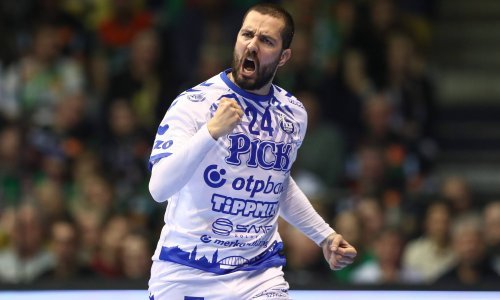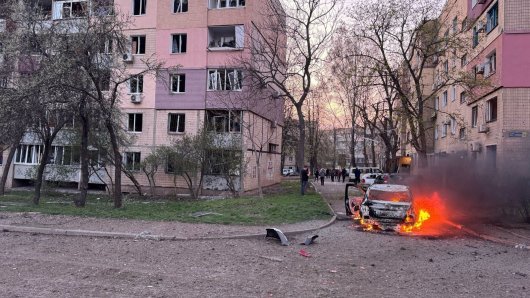Prosecutor Kenneth Scott on Tuesday told the International Criminal Tribunal for the former Yugoslavia (ICTY) that attempts by six former Bosnian Croat civilian and military leaders to shift responsibility onto the former president of the Croat Community of Herceg Bosna, the late Mate Boban, were futile, as the concept of joint criminal enterprise meant that all its members shared responsibility for the crimes committed.
Pointing the accusing finger at Boban will not take them far away, Scott said in his closing statement at the trial of the six former officials of Herceg Bosna -- Prime Minister Jadranko Prlic, Defence Minister Bruno Stojic, HVO (Bosnian Croat force) commanders General Slobodan Praljak and General Milivoj Petkovic, HVO Military Police commander Valentin Coric, and the head of the commission for the exchange of prisoners of war, Berislav Pusic.
If Boban had such power, he did not run the government of Herceg Bosna and the HVO alone, the prosecutor told the Hague-based UN tribunal.
Recalling that the Nuremberg trials did not negate the responsibility of those who were dead but that their guilt could not free those who were present at the trial, Scott said that Hitler was not the only responsible man for the Nazi crimes.
The prosecutor also said that the six indictees at this trial in The Hague accused each other in some cases.
The prosecutors in the Prlic and Others case said that generals Petkovic and Praljak had participated in making some important decisions and that they had powers to take measures to prevent crimes and punish the perpetrators.
Prosecutor Douglas Stringer said that Praljak had never tried to use those powers, including in the atrocities against Bosnian Muslims in Stupni Do.
He described Praljak as a very influential and powerful man although his defence team said that he did not have the necessary powers or information about those events in which he should have acted.
The six men are charged according to personal and command responsibility for crimes against humanity, grave violations of the Geneva Conventions and breaches of laws and customs of war committed against Bosniaks and other non-Croats in areas of Bosnia and Herzegovina which they wanted to annex to Croatia.
The trial started in April 2006. The defendants have been in the Scheveningen detention centre since 5 April 2004.
The presentation of closing arguments started on Monday and is expected to continue this week.






![[FOTO] Na Laništu opet naslikan mural Slobodanu Praljku, što će učiniti Tomašević?](/media/thumbnail/500x300/1598908.jpeg?cropId=0)
![[FOTO] Muškarac revoltiran uklanjanjem murala došao pred Gradsku upravu i pisao sprejem](/media/thumbnail/500x300/1568140.png?cropId=0)



























